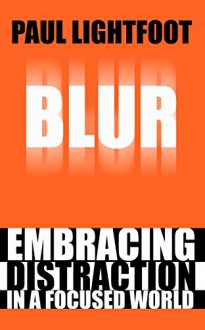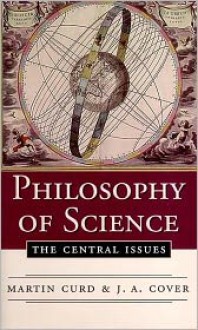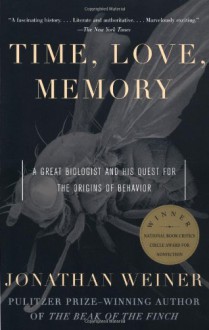
This is a great read, despite some minor repetitions. We have to bear in mind that this is really only a series of essays, some of which cover a little of the same ground. My view is that if Hawking had lived a little longer then this would have been a better compiled set of ‘letters on the big questions’, but that doesn’t much detract from the quality of the work, and certainly not from its messages. These essays run a lot wider than science, into Hawking’s hopes and fears for humankind. Some of the essays run into sensitive issues, which raise a good deal of honest debate. Well, there are just too many of us on our wonderful planet, which we are rapidly destroying, and this alone must justify our questioning of everything, even the very existence of God.
There are a few contradictions in the science, which isn’t surprising when writing about an incredibly quickly advancing field of science, cosmology, and especially when the material was compiled from words written over some spread of time. Inevitably the gravitas, the gravity of Hawking’s thoughts are also less than perfectly modulated. I was only too pleased to read every single word despite my minor criticisms.
I must add though that for me the finest words in this book were actually penned by his daughter, Lucy, in the Afterword. I quote from the many pearls among them. “I think he would have been very proud of this book.” This collection tells us a little about Hawking as a political animal, being in part autobiographical, and given yet greater insight into the man by the biography content of the other contributors. We have had a ‘Brief History of Time’, which is now augmented by this brief and personal feeling encounter with the brave genius in the electrically powered chair. Alas, the book is all too brief, and doomed now to a steady state of content, unlike our dynamic and cosmically unstable universe.

 Log in with Facebook
Log in with Facebook 





 As it turns out, you don't need an airtight narrative to amass millions of followers.
As it turns out, you don't need an airtight narrative to amass millions of followers. 




